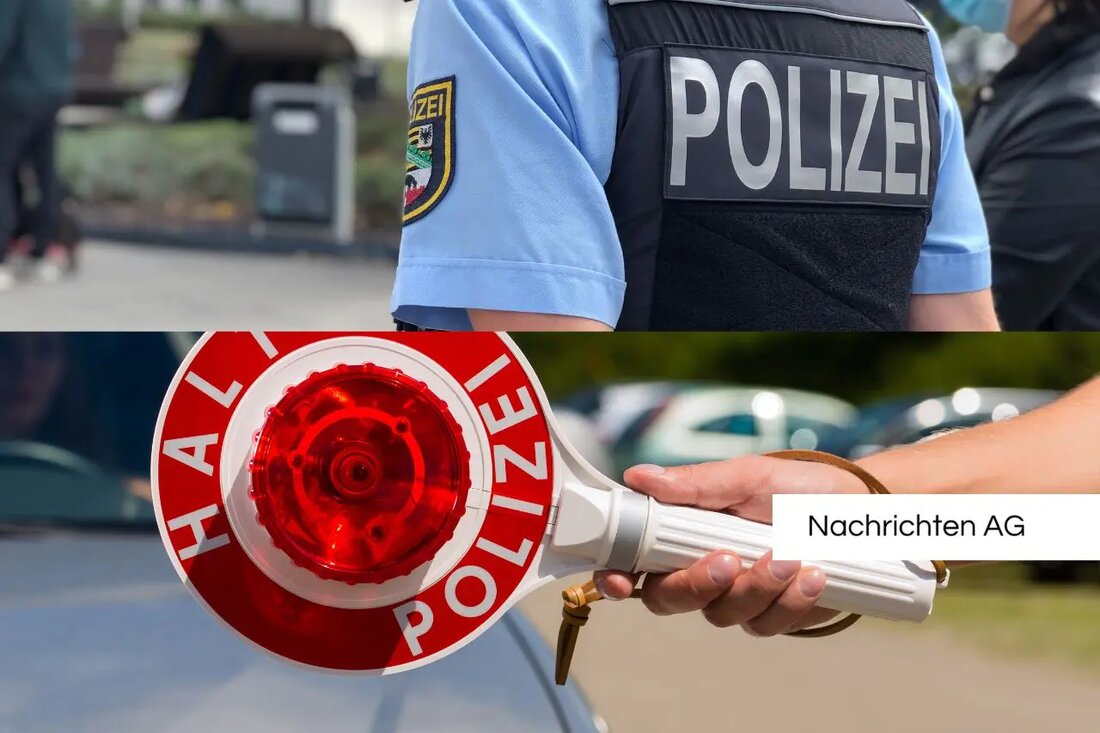Fight for peace: Negotiations on ceasefire intensified in the Gaza Strip
Fight for peace: Negotiations on ceasefire intensified in the Gaza Strip
Negotiations on continuing the ceasefire in the Gaza Strip are currently picking up speed. These discussions on the second phase of the Agreement between Israel and Hamas are to be continued in an unknown place this week. The US specialist Steve Witkoff has already made productive phone calls with various leaders, including Israel's Prime Minister Benjamin Netanyahu, Prime Minister Mohammed Bin Abdulrahman Al Thani and Egypt's secret service chief Hassan Raschad, such as Radio Gütersloh reported.
The first phase of ceasefire and hostage agreement, which has been in force since January 19, ends on March 1. However, the uncertainty about the implementation of the second phase, which provides for a final combat termination, remains. In this context, the ceasefire between Israel and the Hisbollah in Lebanon is also fragile. Hezbollah boss Naim Kassim demands the full withdrawal of Israel until February 18, while Israel strives for an extension of the deduction period until February 28, which is rejected by Lebanese politicians. This happens against the background that Israel criticizes the slow reaction of the Lebanese army to ensure the ceasefire.
The pressure on the Israeli government
The Security Cabinet of Israel today advises on the second phase of the Gaza agreement. A delegation of Israeli negotiators travels to Cairo for the talks. Nevertheless, demonstrators in Tel Aviv Netanyahu accuse the continuation of the ceasefire. The pressure of right -wing extremist coalition partners on Netanyahu to continue the war in Gaza is growing. The military preparations include the arrival of 1,600 to 1,800 heavy bombs from the USA in Israel, which further fueled the tensions.
US Foreign Minister Marco Rubio emphasized that Hamas can no longer remain the prevailing force in the Gaza Strip. He and Netanyahu also demand that Iran should not develop or own nuclear weapons. Both politicians see Tehran as a source of threats to peace and stability in the region. In the conversations, the question of disarmament of the Hisbollah supported by Iran is also addressed.
the hostages and the cuts in the Gaza Strip
relatives of the hostages remaining in Gaza have been captured for 500 days today, with 73 hostages, 36 of which are probably dead. Netanyahu warns that "gates to hell" could open in the Gaza Strip if the hostages should not be released. In retrospect, the war trigger was the attack by Hamas and other extremists in the south of Israel on October 7, 2023, in which around 1,200 people were killed.
In terms of political control over the Gaza Strip, the focus on questions about future administration. While many Palestinians want the Gaza Strip to self-government, US President Donald Trump suggests relocation to Egypt and Jordan. These controversial plans would strengthen the difficulties that Netanyahu currently has to deal with. The Finance Minister Bezhalel Smotrich calls for a continuation of the war against Hamas, while analysts such as Ghassan al-Khatib Trump's proposal look as a support for Netanyahu in its difficult political situation.
The coming days will be crucial for the future of the Gaza Strip and the stability of the region. The questions about political control and the negotiations on the release of the hostages are complex and require a careful procedure on the part of everyone involved. The situation remains tense, and the people in the region look hopefully, but also worried about the developments.
| Details | |
|---|---|
| Quellen | |


Kommentare (0)